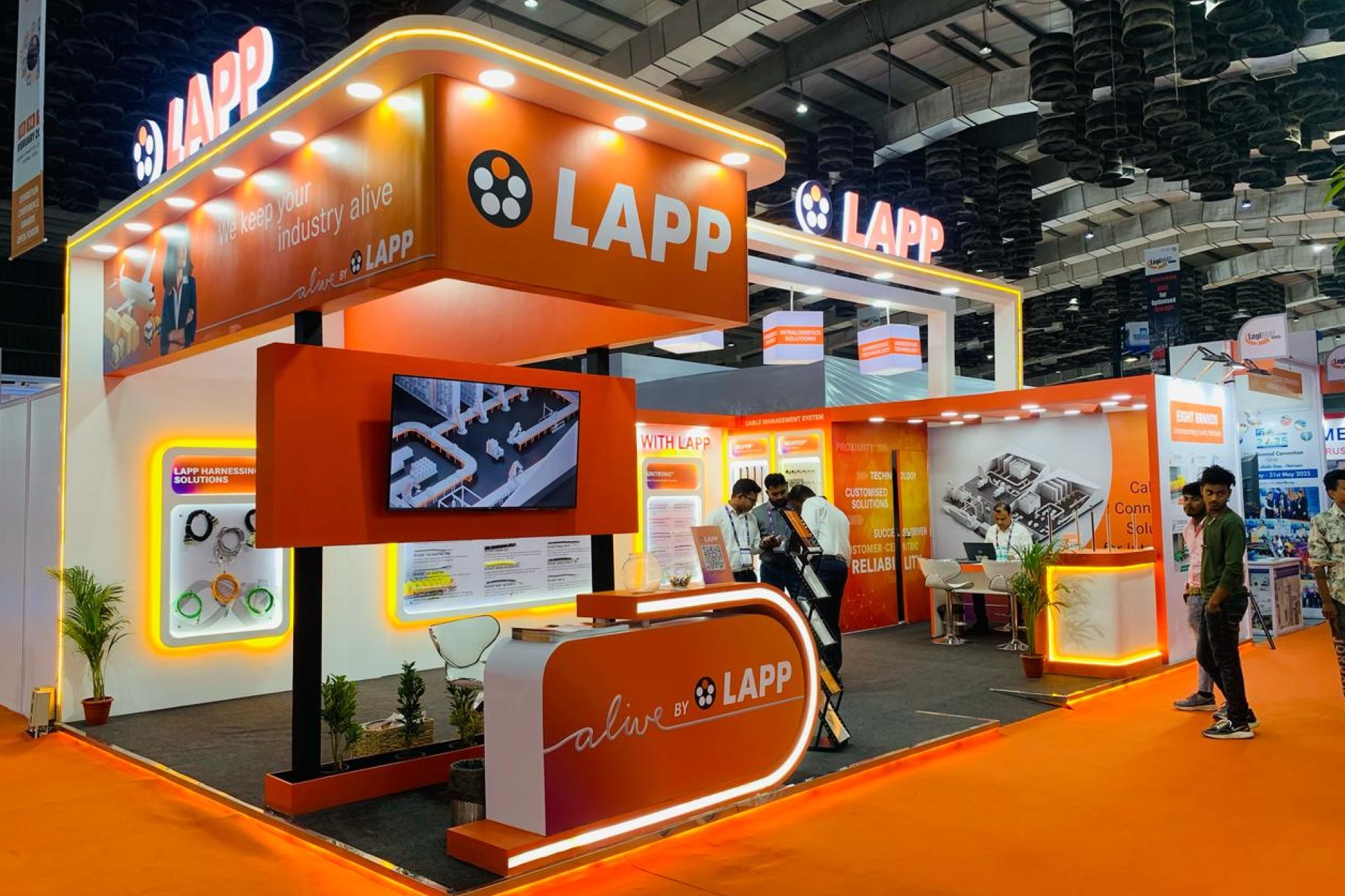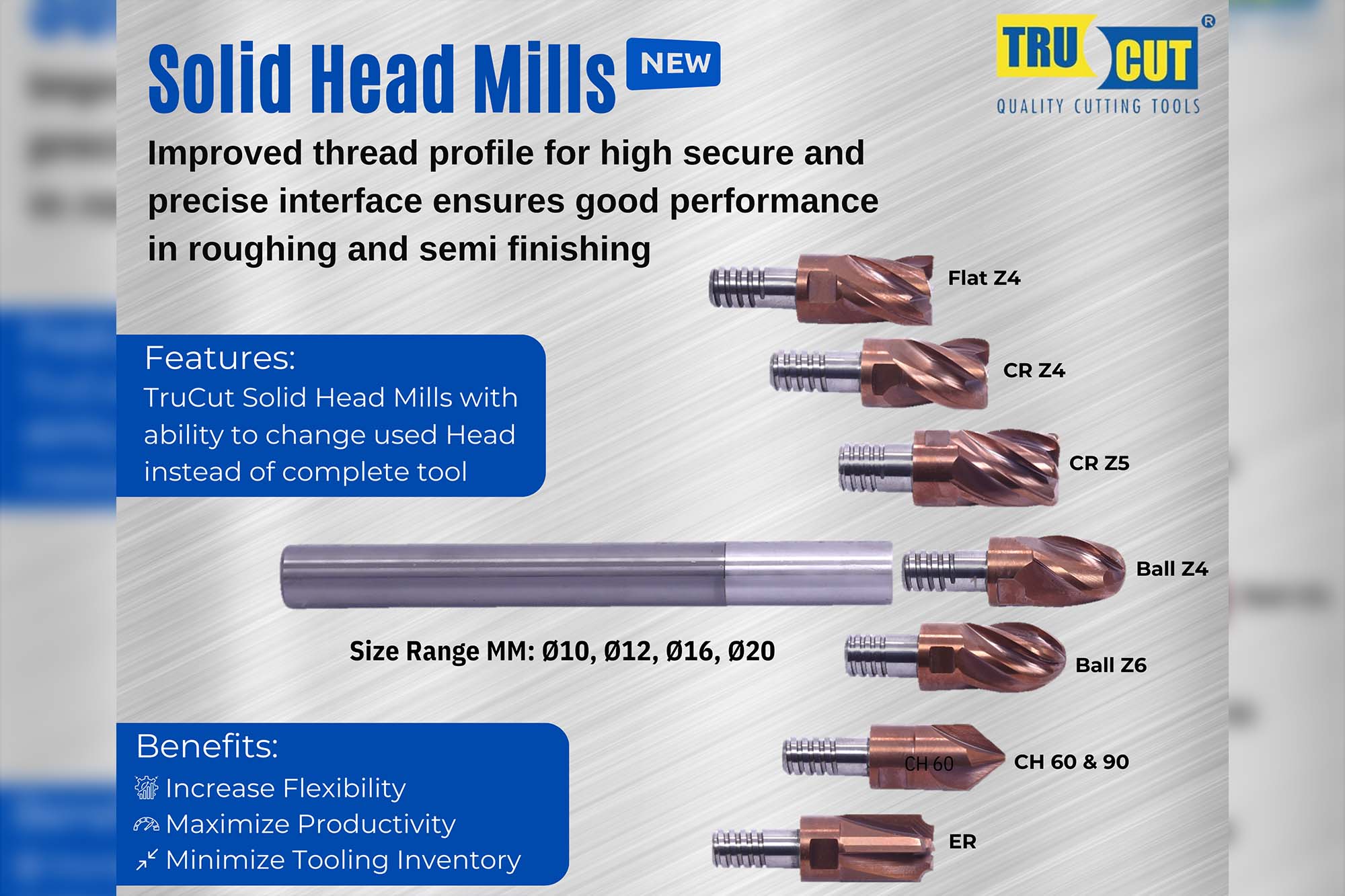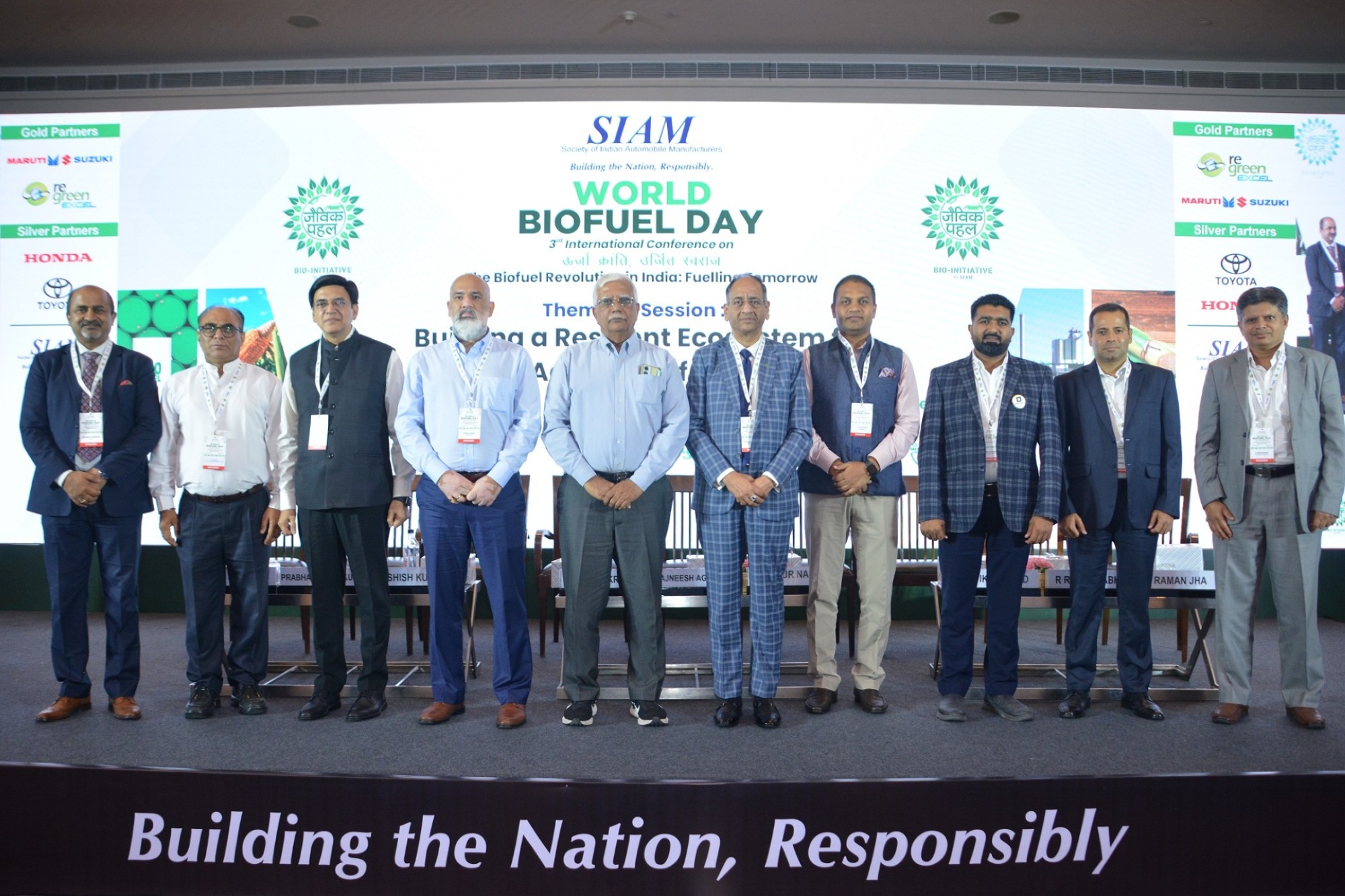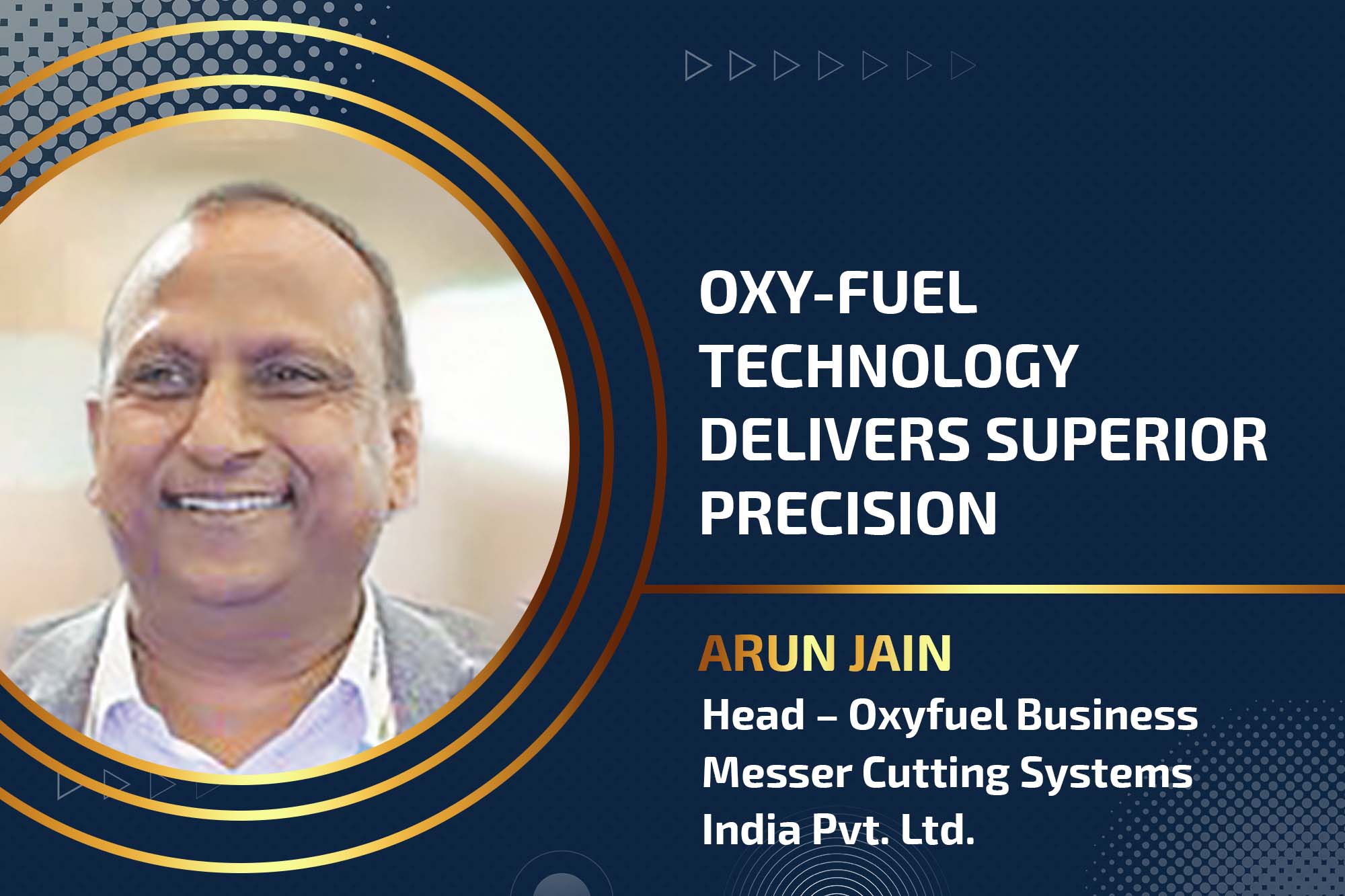Route to optimise fuel economy with right lubricant
By admin February 17, 2014 6:23 am IST
Over the past 30 years, lubricant scientists have been working to develop new oil formulas that reduce engine friction while still protecting the engine, and the Shell scientists found have found the answer
If someone owns one, five or a whole fleet of trucks, buses or construction equipment, he will be aware that fuel is a significant running cost, and in a challenging economic environment, reducing fuel consumption is a key concern for all vehicle owners. The prevalent environmental concerns and growth of exhaust emission regulations are the key factors why one should be making his equipment and fleet operation more efficient.
OEMs have responded with new, more efficient engines, enhanced by the latest high-performance fuels. At the same time, trade and consumer groups have taken proactive steps to educate vehicle owners about how simple changes in driving habits can also have a significant impact.
Although not very well recognised, the latest heavy-duty diesel engine oils can play a key role in improving fuel economy, reducing exhaust emissions and helping fleet operators save costs and comply with environmental regulations.
Achieving fuel economyImprovements in fuel economy can be attained by reducing friction in an engine. A lubricant cuts down on engine friction by reducing the level of resistance to movement. An optimal viscosity of engine oil is vital to reduced energy usage, while providing the necessary level of wear protection.
Over the past 30 years, engineers and tribologists (lubricant scientists) have been working to develop new oil formulas that reduce engine friction while still protecting the engine. Improved fuel economy has traditionally meant lower viscosity (thinner) oils; lower viscosity helps reduce the energy necessary to pump the oil and therefore use less fuel. The perceived trade off with lower viscosity oils was the ability of the oil to protect the engine against wear.
The breakthrough moment came with the introduction of ‘synthetic’ technology to diesel engine lubricants. Traditional lubricant products are made largely from mineral oil, a product derived from crude oil. However, by chemically altering components of crude oil at a molecular level, scientists created synthetic base oils that show excellent low-temperature flow properties, high resistance to thermal degradation and low oil consumption.
For instance, Shell Rimula R6 LME helped a fleet operator in reducing fuel consumption by up to 2 per cent (compared to a typical 10W-40 oil), potentially helping customers save a lot of cash every year.
Semi-synthetic products, which include a blend of traditional mineral oil with synthetic oil, can also deliver fuel-economy benefits, and for some fleet owners may be considered as a cost-effective option. For instance, Shell Rimula R5 LE 10W-30 semi-synthetic oil delivers up to 1.6 per cent fuel savings demonstrated in medium-duty trucks on highway driving cycles, compared to conventional SAE 15W-40 oil.
Lowering exhaust emissions Since the introduction of diesel exhaust emissions legislation in many countries, many fleet owners quickly switched to exhaust after-treatment technologies such as Diesel Particulate Filters (DPFs) and Selective Catalytic Reduction (SCR) as a means of getting rid of nitrogen oxides and particulates. Under normal operating conditions, a small portion of oil components ends up in the exhaust and can have an impact on after-treatment technologies. While soot and other oil combustibles can be burnt off, the ash derived from metal containing performance additives in the engine oil is trapped in the DPF. In addition, some after-treatment technologies are suspected of being sensitive to phosphorus and sulphur which are present in oil formulations.
The challenge for scientists was to come up with a lubricant that protects both engines and exhaust systems. Cleaner engines can also lead to a reduction in maintenance costs. Shell’s portfolio of heavy-duty diesel engine oils includes a series of mineral, semi-synthetic and fully-synthetic Low-SAPS (Sulphated Ash, Phosphorous, Sulphur) products such as Shell Rimula R4 L, the semi-synthetic Shell Rimula R5 LE and the fully synthetic Shell Rimula R6 LM and R6 LME. Shell Rimula R6 LME exceeds the requirements for reduced sulphur content for Mercedes-Benz, MAN and other OEMs, and has been tested and proven to protect.
Customers have also reported real savings, for example, Austrian haulage company FRIKUS wanted to extend the oil-drain interval of its 400 Mercedes-Benz trucks and, at the same time, lower fuel consumption without compromising engine protection. Shell lubricant experts recommended an upgrade to Shell Rimula R6 LME, and FRIKUS doubled its oil-drain interval from 40,000 km to 80,000 km. The company has also reported a reduction in fuel consumption by 1.2 per cent as well as a reduction in lubricant consumption and maintenance costs. FRIKUS has reported a total annual saving of $189,000 and greater flexibility in its maintenance and operation schedules.
In an ideal world, the best approach to improved fuel economy is a multi-faceted one, combining the latest engines and fuels, with better driving practices and the latest lubricant technology.
However, when Shell considers some of the barriers – such as the cost of new equipment or the traffic build-up on roads – lubricants alone can offer significant savings. Thus helping to keep clients’ equipment up and running and make them operation more efficient.
Cookie Consent
We use cookies to personalize your experience. By continuing to visit this website you agree to our Terms & Conditions, Privacy Policy and Cookie Policy.
















